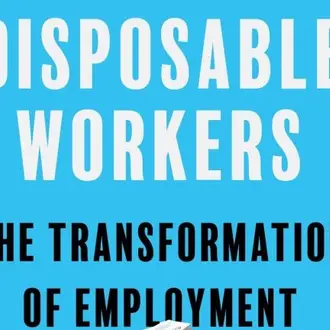Human Resources
In New Harvard Business Review Article, Kochan Advises Executives to Become “Labor-Savvy.”
MIT Sloan Professor Emeritus Thomas A. Kochan has coauthored “The Labor-Savvy Leader,” a new feature article published in the July-August issue of Harvard Business Review magazine. Kochan, who is the George M. Bunker Professor Emeritus at MIT Sloan, is a longtime member of the faculty of the MIT Institute for Work and Employment Research (IWER) and was for many years IWER’s co-director.
The article, which Kochan coauthored with venture capitalist Roy Bahat, head of Bloomberg Beta, and Liba Wenig Rubinstein, a fellow at the Aspen Institute Economic Opportunities Program, makes the case that U.S. business executives should rethink the reflexively anti-union stance that many have adopted. Bahat, Kochan, and Rubinstein point out that public approval of unions in the U.S. is now at its highest level since 1965, and worker activism is growing. The authors caution that, in this environment, companies that try to crush their workers’ efforts to organize risk alienating their employees and tarnishing their brands in consumers’ eyes.
Instead, the authors say, executives should realize that there are positive ways to engage with unions and even work in partnership with them on issues such as employee training and workplace problem-solving. Recognizing that most U.S. business executives today have little experience working with organized labor Bahat, Kochan, and Rubinstein also offer practical advice on topics such as negotiating a first contract and fostering a productive relationship with union leaders.
“Workers are calling for a new social contract,” Bahat, Kochan, and Rubinstein conclude. “If business leaders stretch to create a new playbook for working with organized labor, we can again set our economy and society up for prosperity for workers and thriving success for companies in the decades to come.”



